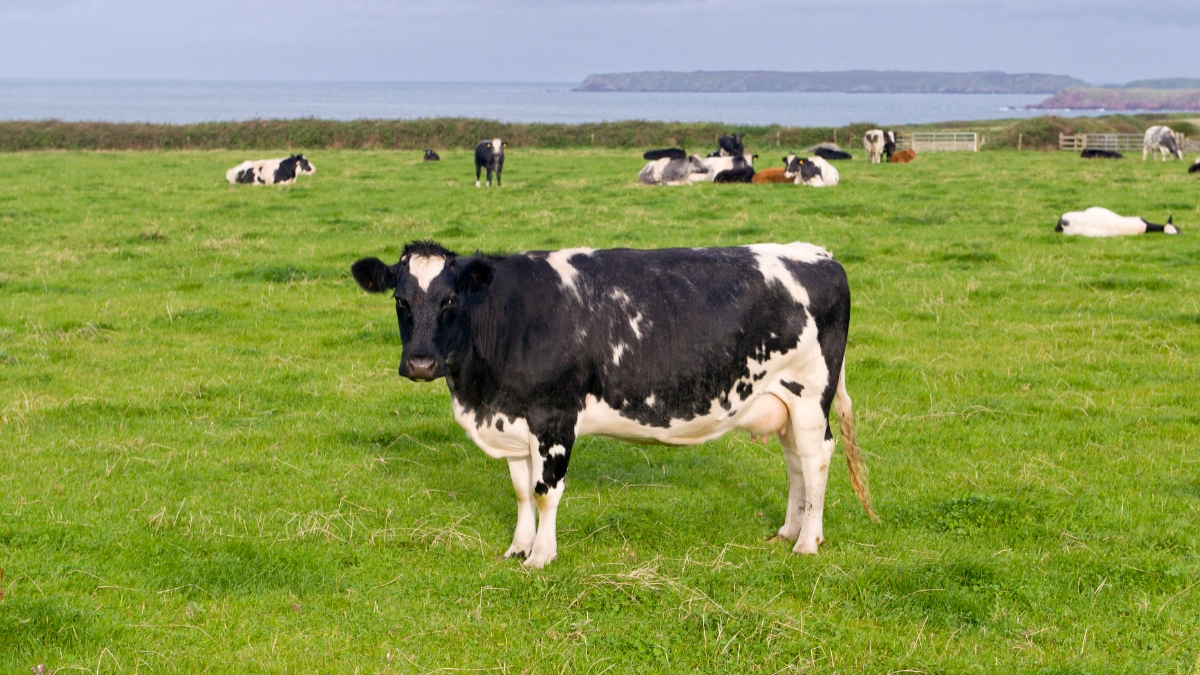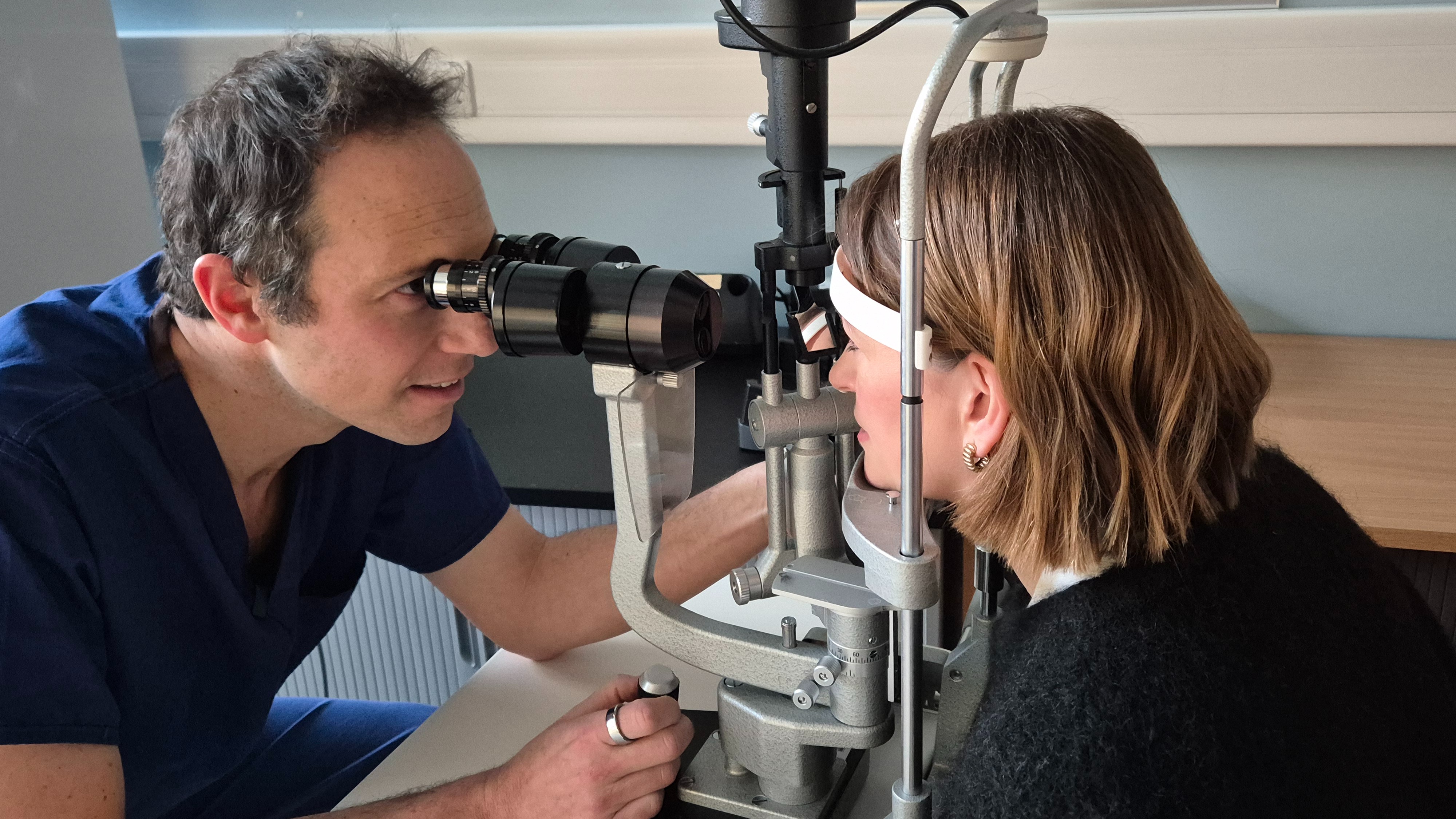Scottish farmers have been warned of new cross-border bluetongue virus restrictions for livestock travelling up from England.
From July 1, any farmer wishing to move cattle and sheep from England into Scotland must now apply for a movement licence from the Animal and Plant Health Agency (APHA).
It’s part of the new UK Government rules to control the spread of the bluetongue virus among livestock, and the National Farmers Union of Scotland has made clear that the measures will have “significant consequences” for Scottish producers and farmers.
The union said Scottish producers who regularly market stock at English sales may now face “costly and complex return protocols”.
Bluetongue is a virus spread by biting midges which impacts livestock such as cattle, sheep and goats.
One of the key symptoms of the disease is a blue, swollen tongue, and concerns are growing as the summer months approach.
It can also affect deer and llamas, but humans and food safety are not at risk.
In rare cases, dogs can catch bluetongue if they eat infected material, such as the placenta or other birthing tissue of an animal with the disease.
The UK Department for Environment, Food and Rural Affairs (DEFRA) announced the restricted zone for bluetongue has been extended to cover all of England.
Farmers and producers will now need a movement licence issued by APHA to move animals to Scotland, which confirms the animals have: a valid pre-movement test, or vaccination with the Boehringer Bultavo-3 vaccine (for cattle only).
Sheep cannot move to Scotland without a negative BTV-3 pre-movement test from the National Reference Laboratory (Pirbright), even if they’re vaccinated.
“Vaccination remains a vital tool in protecting animal health,” NFU Scotland animal health and welfare policy manager Penny Middleton explained.
“All available vaccines provide effective protection against the symptoms of BTV-3, but manufacturers are currently unable to demonstrate that any vaccine prevents transmission of BTV-3 in sheep.
“For that reason,the Scottish Government will continue to require pre-movement testing of all sheep moving into Scotland, regardless of vaccination status.”
NFU Scotland has made clear that these measures will have “significant consequences” for cross-border trade, but the union has consistently opposed Scotland joining the BTV-3 Restricted Zone, citing the need to maintain strong disease prevention measures.
NFU Scotland has promised to keep its position under review with members as the situation progresses.
Further updates, guidance and frequently asked questions on the bluetongue virus have been made available on the NFU Scotland website.
Follow STV News on WhatsApp
Scan the QR code on your mobile device for all the latest news from around the country


 iStock
iStock

























